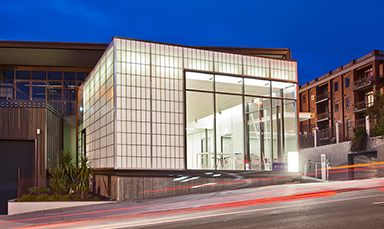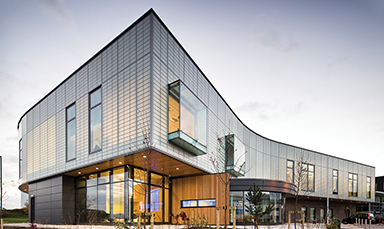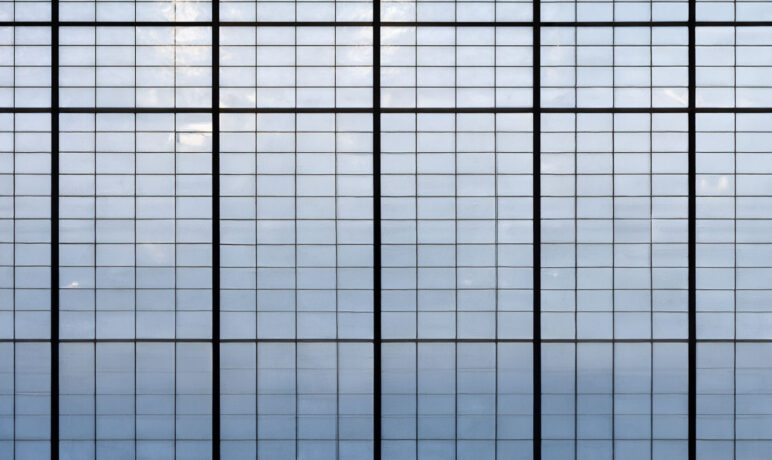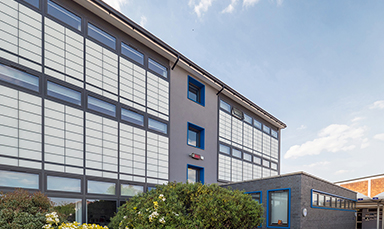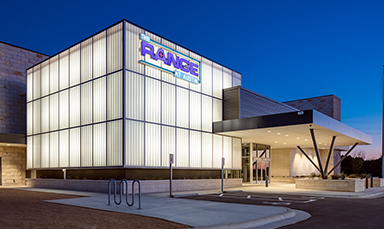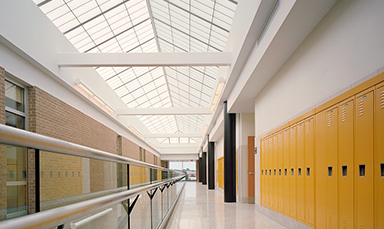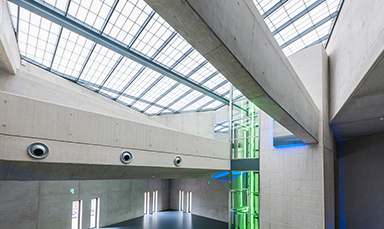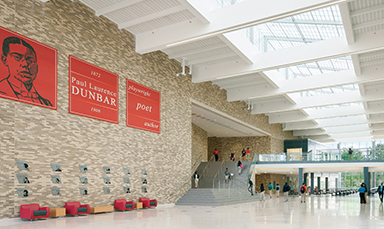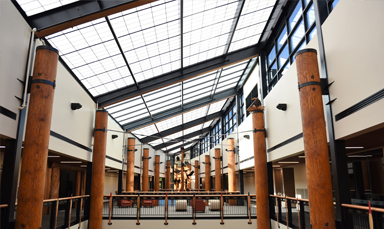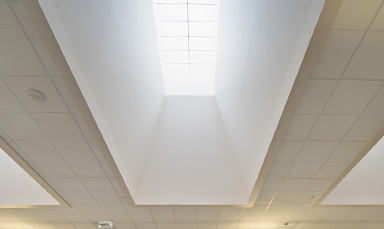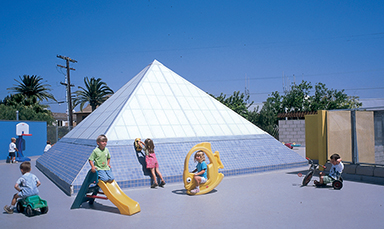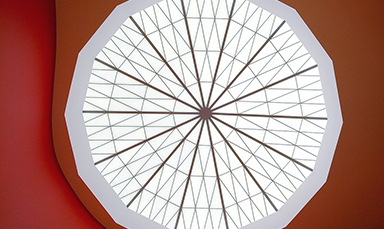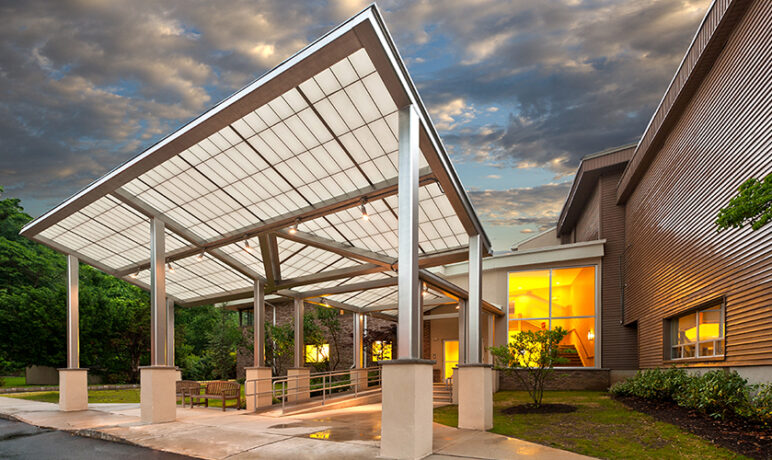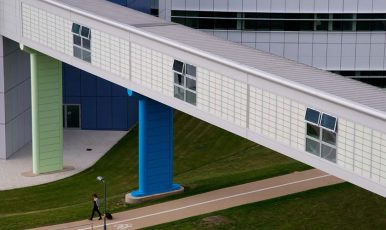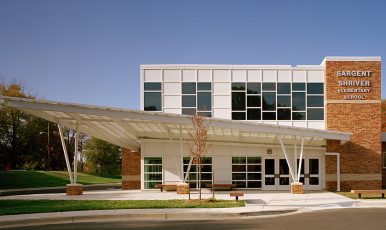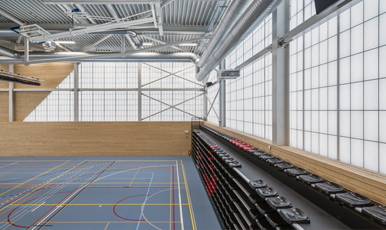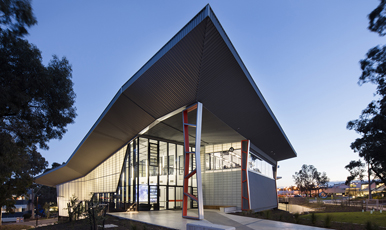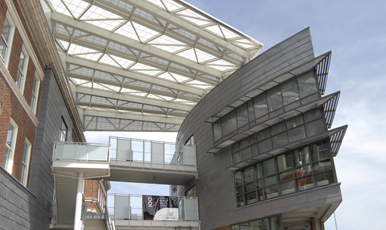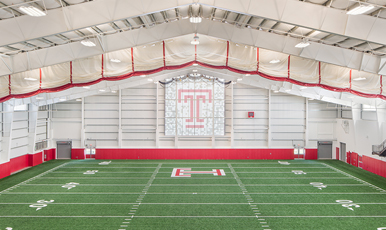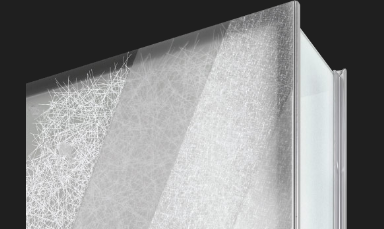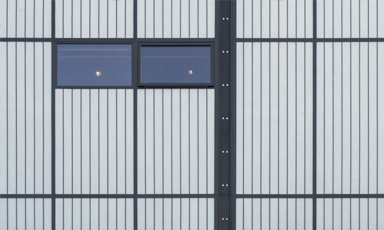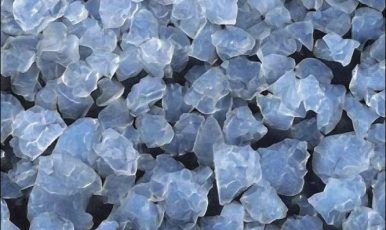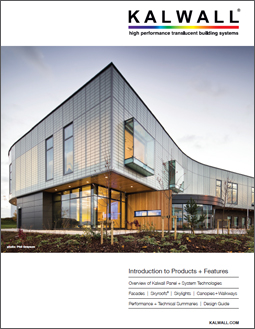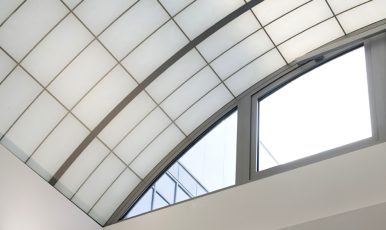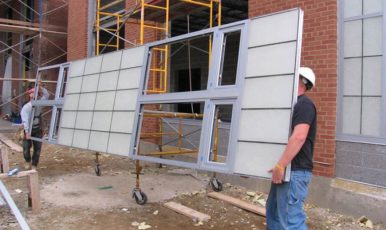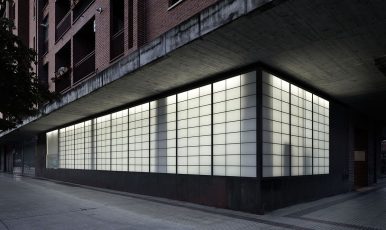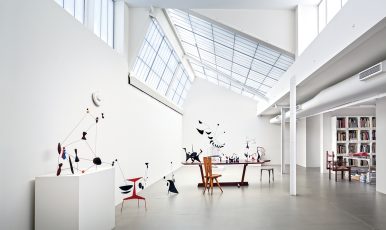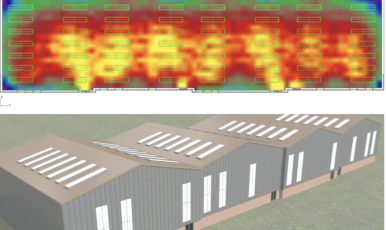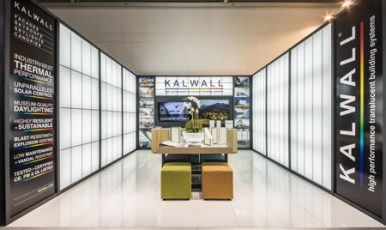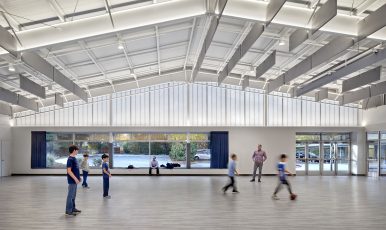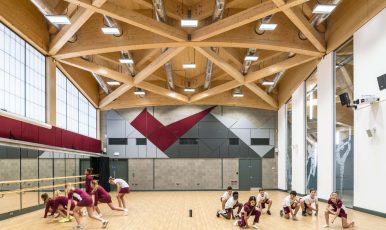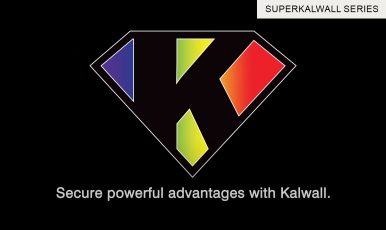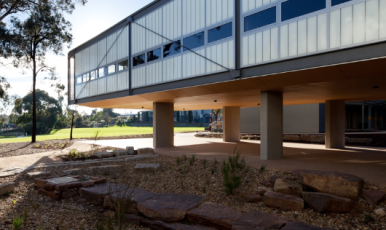Is glass going out of style?
Glass has been used as the portal to the outdoors for centuries. But times are changing.
In a world where we are becoming more aware of the environmental effects of structures and people’s changing needs, architects and other industry professionals are concerned that glass no longer adequately addresses these key building factors:
- Daylighting
- Environmental
- Aesthetics
- Safety & Privacy
Kalwall engineers have worked for decades to make a product that addresses the shortcomings of glass. The translucent panels are a time-tested solution for your building needs.
Daylighting
According to studies, natural daylight is essential for increased productivity in a work environment.
For example, a study conducted by Cornell University professor Alan Hedge found that “optimizing the amount of natural light in an office significantly improves health and wellness among workers, leading to gains in productivity.”
“As companies increasingly look to empower their employees to work better and be healthier, it is clear that placing them in office spaces with optimal natural light should be one of their first considerations,” Hedge added.
But the study also found that there are adverse effects when offices rely solely on glass windows for natural sunlight.
Uncontrolled light can cause both unwanted heat gain and excessive glare on computer screens. Solutions, such as covering windows with blinds, can be counterproductive if employees don’t get the full benefits of natural daylight.
Kalwall has been harvesting daylight for museum-quality daylighting since the beginning. With the help of millions of prismatic glass fibers embedded in the panel’s translucent face sheets, Kalwall fills spaces with full-spectrum, natural visible light. The prisms refract sunlight and provide glare-free light deep within spaces, which is essential in schools and work environments.
Environmental
Activists around the country are trying to introduce new ways to reduce climate change. When New York mayor Bill de Blasio’s introduced his Green New Deal in 2020, it was initially believed that it would include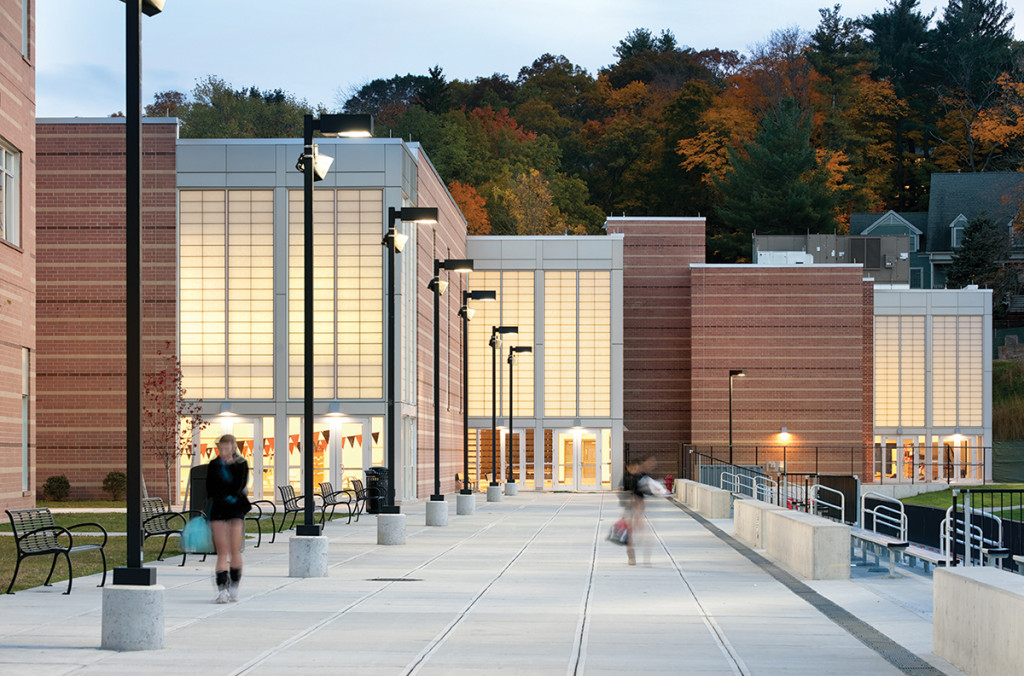
a ban on new contsruction of glass skyscrapers.
De Blasio said that all-glass facade skyscrapers are “incredibly inefficient” because an exceptional amount of energy escapes through the structures. Although De Blasio backed away from an all-out ban, the sentiment was there. According to the United Nations, buildings are responsible for about one-third of greenhouse gases in the atmosphere. In introducing his bill, de Blasio said that buildings are the number one cause of carbon emissions in the city. His legislation aims to help reduce citywide greenhouse gases by 30%.
“Our message is loud and clear,” de Blasio said. “We’re tackling climate change head-on with NYC’s Green New Deal and are the first city in the world to require all big buildings to cut their emissions, with the goal of a carbon neutral city by 2050.”
The effect glass buildings have on the environment goes beyond carbon emissions. Every year, one billion birds die from flying into, predominantly glass, buildings. This has a huge impact on our ecosystems.
As a translucent material, Kalwall is bird-strike safe. And since its inception, Kalwall has been helping to reduce a building’s carbon footprint. The panels have been used in more than 1,000 LEED certified projects, and have been featured in prize-winning projects for achieving the highest levels of energy efficiency. The panels, which contain up to 25% post-consumer recycled content, are over 400% more energy efficient than industry standard double paned insulated glass units.
Aesthetics
Glass buildings have often been praised for their clean and modern aesthetics. But some architects are growing tired of the glass effect.
“(Modern) buildings end up looking very much alike,” said architect Alan Ritchie in an interview with CNN. “In a design sense, I think we’ve got to try and steer away from just having simple glass boxes.”
Architecture critic Justin Davidson elaborates on Ritchie’s argument.
“Some recent plazas like Federation Square in Melbourne or Superkilen in Copenhagen succeed because they combine old and new, rough and smooth, neutral and bright colors, and because they don’t rely excessively on glass,” Davidson said in a TED Talk.
“When a city defaults to glass as it grows, it becomes a hall of mirrors, disquieting and cold. So, rather than encase all that variety and diversity in buildings of crushing sameness, we should have an architecture that honors the full range of the urban experience,” he concluded.
Professor of sustainable architecture Henrik Schoenefeldt also believes we need to look beyond the appearance of glass. As a result of his research, Schoenefeldt has claims that environmental damage could have been avoided if the architecture community had acknowledged the issues with glass buildings sooner, rather than focusing on the pristine aesthetic.
Since its inception, Kalwall has provided a custom, unique aesthetic to every structure. The panels come in a variety of colors and grids and have a more organic look than traditional glass. From the Tent of Tomorrow to newer projects such as the Crucible Theater, Kalwall makes buildings stand out.
Safety & Privacy
Glass windows provide a view to the outside world. But just as importantly, windows offer the outside world a view of the inside.
High security is not just needed for government buildings and airports. The safety of students and faculty at schools, the privacy of individuals at their jobs and the security of guests at hotels are becoming noticeably harder to ensure.
Lawmakers are calling for increased protection of individuals in public spaces. With just a glass barrier, schools and public facilities alike are not sufficiently protected from the outside.
If you’re building for people, daylighting is critical, but so is safety. Kalwall blocks line of sight, which is especially important nowadays. However, panels can still be unitized with glass windows to provide a view of the outdoors.
Although glass will never be totally out of style, Kalwall solves many of the issues we are facing today.

